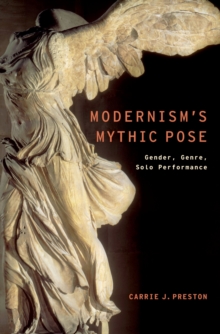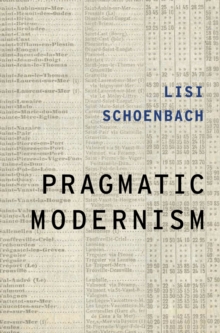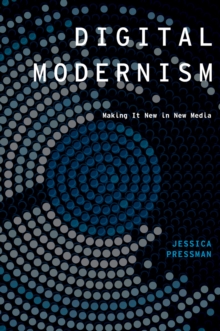
In a Strange Room : Modernism's Corpses and Mortal Obligation Hardback
by David (Assistant Professor, Assistant Professor, Brandeis University) Sherman
Part of the Modernist Literature and Culture series
Hardback
Description
Taking its title from Faulkner's epochal modernist novel, David Sherman's study traces the myriad ways death and its effect on the living defined modernist fiction and verse in England, Ireland, and the U.S.
A focus on the disturbing but recurring image of the corpse allows Sherman to consider a range of texts marked by their sense of mortal fragility.
Wilfred Owen's war poetry and Virginia Woolf's early novel Jacob's Room illustrate an incipient anxiety over new governmental techniques for efficiently managing the burial of the dead during World War I.
Joyce's Ulysses and As I Lay Dying offer opportunities to consider narratives organized by the problem of an unburied corpse.
Eliot's The Waste Land and Djuna Barnes's novel Nightwood, which Eliot edited, demonstrate how modernist writers often respond to death and the loss of corporality with erotic encounters at the moment mortality is most threatened.
Two poems by William Carlos Williams and Wallace Stevens, in the monograph's concluding section, provide emblems for competing attitudes toward the disposal of the dead in the first half of the twentieth century.
Enriched by insights from psychology, anthropology, and philosophy, In a Strange Room presents a richly textured transatlantic study of a defining aspect of modernist literature and culture.
Information
-
Out of stock
- Format:Hardback
- Pages:288 pages, 20 halftones
- Publisher:Oxford University Press Inc
- Publication Date:15/05/2014
- Category:
- ISBN:9780199333882
Information
-
Out of stock
- Format:Hardback
- Pages:288 pages, 20 halftones
- Publisher:Oxford University Press Inc
- Publication Date:15/05/2014
- Category:
- ISBN:9780199333882










